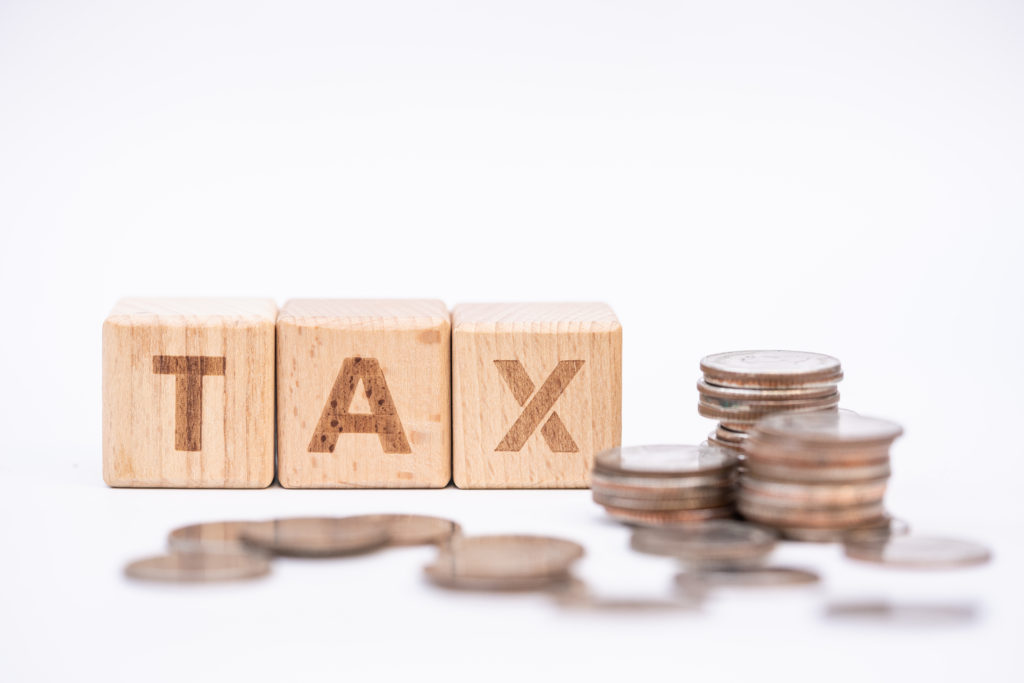- People
- Expertise
Our expertise
We are a team of more than 500 professionals, with the depth of experience which makes us genuine experts in our fields. Together, gunnercooke’s people have strength across just about every corporate discipline and sector. We provide legal, commercial and strategic advice that delivers real value to the clients we work with, which span from multinational enterprises through to unicorns and non-for-profit organisations. Our breadth of expertise covers some of the most interesting and important emerging disciplines, from ESG and charity law, to blockchain and competition.
Search by practice areaDispute ResolutionDispute Resolution OverviewMeet the Dispute Resolution TeamIntellectual Property DisputesFinancial Services & FinTech OverviewProceeds of CrimeEmployment TribunalTax InvestigationProperty Dispute ResolutionInsolvency DisputesMediationCivil Fraud & Asset TracingHealth & SafetyBusiness Crime & InvestigationsLitigation & ArbitrationInternational Arbitration - International
International Offices
The gunnercooke group has 15 main global offices across England, Scotland, the US, Germany and Austria, with further plans for growth in the coming years. These offices enhance the existing in-house capability of our dedicated international teams and dual-qualified experts that cover Spain, France, Italy, Portugal, Brazil, China, India, Poland and Hungary. Our team have clients across 123 jurisdictions, speak 46 languages and are dual-qualified in 21 jurisdictions. Our expertise means we can offer large teams to carry out complex cross-border matters for major international clients.
- Our story
Our story
gunnercooke is the fastest growing corporate law firm in the UK, now making its mark globally. We comprise a rapidly growing number of experts spanning legal and other disciplines. Clients benefit from flexible options on fees to suit their needs, access to a wider network of senior experts throughout the relationship, and legal advice which is complemented by an understanding of the commercial aspects of running a business.
- Reading Room
- News & Insights

As has become all too apparent, the Coronavirus crisis has affected international travel significantly: flights are being cancelled and travel bans have been imposed. These events, as well as being painful for many, can have unintended consequences for the residence status of some individuals. I thought it sensible to provide brief thoughts on some of the implications.
The UK has a statutory residence test that determines whether an individual is a UK tax resident. This comprises of a series of interrelated tests which are evaluated on a case-by-case basis. Often, the UK rules interact with those of other countries, as well as with bilateral double tax conventions.
UK tax law provides a limited set of measures that help prevent a person becoming a UK tax resident if their presence in the UK is due to, or extended by, exceptional circumstances that are beyond their control. That said, these measures do not apply to all possible scenarios and those that do are subject to an overall cap of 60 days. So, if the crisis lasts for a number of months and the government does not intervene (or HMRC does not apply flexibility) individuals may find themselves becoming – or indeed remaining – UK tax residents for longer than they intended.
So, anyone who may potentially be affected by this should consider their position, both in the UK and their ‘home’ country, and also other countries where they have significant links.
It’s also important to bear in mind that the effects can work in reverse: individuals who choose to be a resident for tax purposes in the UK and who live here, but are temporarily abroad and forced to remain there, may find that their plans to be or to remain a UK resident are put in doubt.
HMRC Update
On the 9th March, HMRC updated their guidance on their website in relation to ‘exceptional circumstances’ but made no reference to Coronavirus. It is hoped that, in due course, they will make specific statements in relation to personal tax implications such as residence and tax return filling.
Estate and succession planning
One final thought of note. The volatility of markets and other asset classes (and resulting lower asset values), together with a wish to provide greater financial security for the next generation, make this a time in which serious thought should be given to passing on assets during one’s lifetime with reduced tax costs or risks.
In conclusion
Like so much right now, no-one can confidently predict what will happen next. My advice is to keep abreast of announcements from the government and other authorities and seek professional advice wherever you need to.